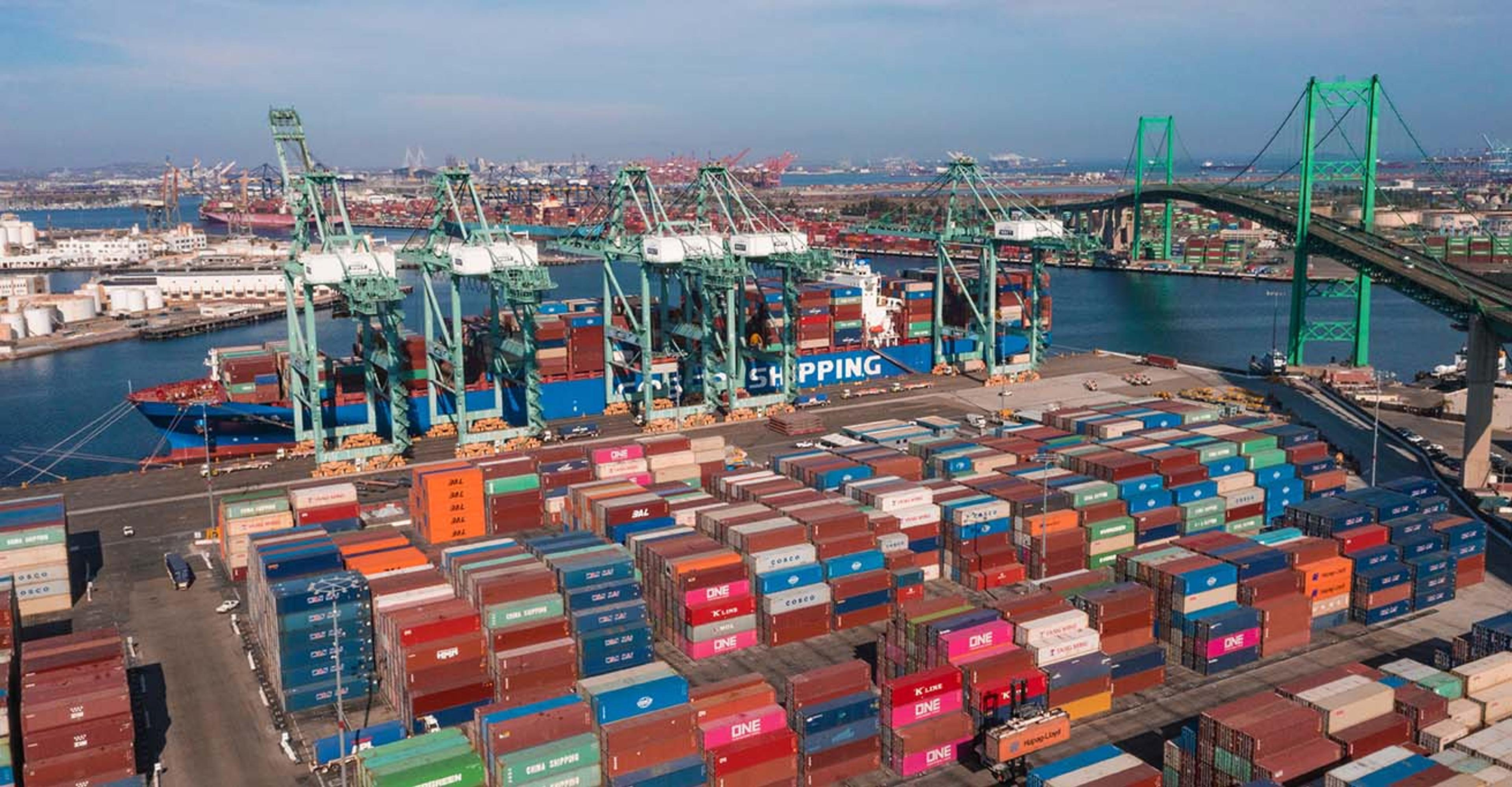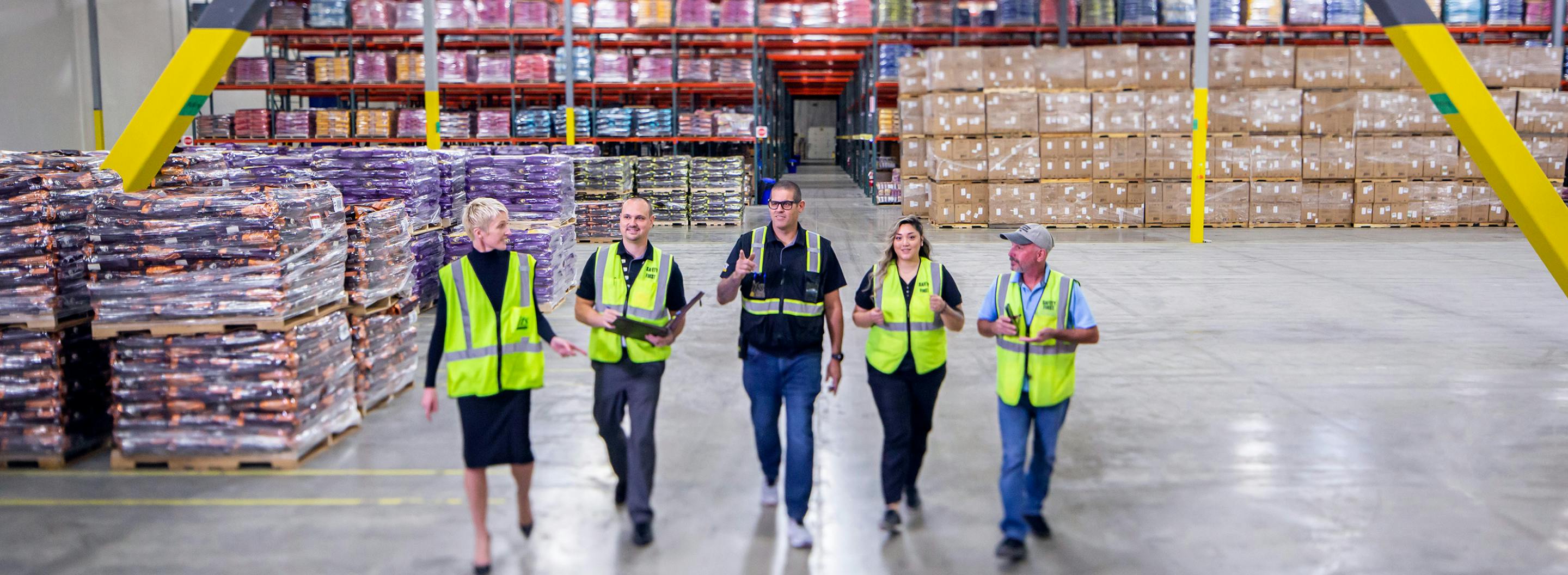IN THE NEWS: Trump wants to crack down on imports. Americans are preparing for the worst

Business Insider
November 24, 2024
Emily Stewart
FROM THE ARTICLE: In the days after the election, I caught myself doing some strange Googling. Mostly, it was low-grade curiosity about the economic implications of Donald Trump's win — specifically, whether there was anything I could do to prepare for him to slap stiff tariffs on goods imported into the United States.
I'm not alone in this light bout of tariff terror. Over the past month, "things to buy before tariffs" has become a breakout Google search, and there's plenty of chatter about it on Reddit, too. Anecdotally, I've found that "what to do ahead of tariffs" keeps coming up in conversation — friends fretted about tariff-triggered inflation at an early-November Friendsgiving celebration, and my mom mentioned that her decision to finally buy a new car was triggered in part by worries that inflation will return under Trump.
Companies are already talking about raising prices in anticipation of the new administration. The other day I got a marketing email from Jolie, which makes filtered showerheads, with an "important message" about tariffs. "If you're considering buying a Jolie," the email said, "now is a great time to lock in our current prices." The implication was clear: Buy now, before any tariffs take effect. I did not expect a TikTok-popular showerhead company to raise my blood pressure over prices, but here we are.
It's unclear whether Trump will make good on his campaign promises to slap a 60% tariff on goods from China and tariffs of 10% to 20% on imports from everywhere else. And even if he does, it's not clear whether they'll fuel inflation, as many economists have warned. (The Yale Budget Lab estimates that Trump's tariffs, as proposed, would drive up prices by as much as 5.1%, costing households an extra $7,600 a year.)
But what is clear is that American consumers and businesses are already freaking out over tariffs. "Everybody's just in kind of a state of anxiety and scratching their heads," says Mary Lovely, a senior fellow at the Peterson Institute, an economic think tank. "Everybody's trying to protect themselves. They're trying to figure out what to do. And frankly, no one knows."
....
Paul Brashier, a Vice President of Global Supply Chain for ITS Logistics, has been working with clients on tariff-related contingency plans since the start of the year. Thanks to muscle memory from the tariffs Trump imposed in 2018, he says, many businesses are speeding up their shipping schedules — racing to get as many goods as possible into the country before any new tariffs are implemented.
"Shippers realized that tariffs were coming into place, and they all started shipping heavy to get ahead of those tariffs," Brashier tells me. That rush, in turn, pushes up rates for shipping containers, causes congestion at ports, and increases the cost of inland transportation and storage. In other words, the fear of tariffs could drive up prices before a single tariff is actually in place. Freight costs, Brashier says, "will be your first canary in the coal mine.".



